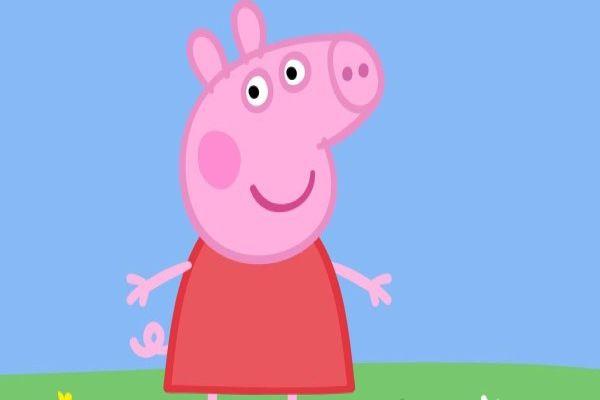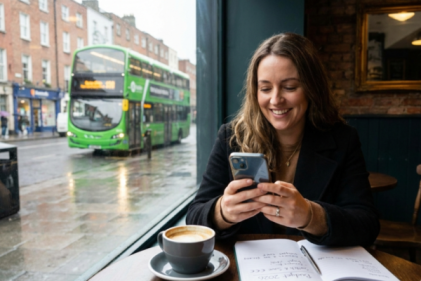The TV show Peppa Pig has been a hit with children for many years. Now, it is making attempts to become more inclusive by introducing a same-sex relationship.
The children’s animation, which airs on Channel 5, began in May 2004 and is incredibly popular around the world. As a result, the producers have seen this as an opportunity to teach children about the different varieties of families.
In the episode, titled “Families”, the same-sex couple were introduced for the very first time. Peppa and her friends were drawing pictures of their families. To represent her family, the character Penny Polar Bear drew two female polar bears.
"I’m Penny Polar Bear. I live with my mummy and my other mummy,” she said proudly to her friends.
"One mummy is a doctor and one mummy cooks spaghetti. I love spaghetti."
Many have taken to social media to praise the beloved children’s show for taking such a huge step towards diversity and representation.
“Peppa Pig introducing its first same-sex couple has given me such happiness this morning”, one Twitter user wrote.
“It’s really rather lovely, I think”, commented another.
Peppa Pig is not the only children’s show to recently make progress when it comes to inclusivity and diversity.
Thomas The Tank Engine has also added a new character to help as many children to feel as seen as possible. Bruno the Brake Car, voiced by nine-year-old autistic actor Elliott Garcia, was recently cast as the show’s first autistic character, with help from the National Autistic Society.
Speaking about the casting decision, the head of guidance, volunteering and campaigns at the National Autistic Society, Tom Purser, spoke of his delight for Elliott. "It’s important that everyone sees autistic characters on our screens because there are 160,000 school-age autistic children in the UK and they want to see their stories told, but it’s also important that non-autistic children get insight and understanding into what it can be like to be autistic."
We hope to see more positive inclusions like these in the future!









